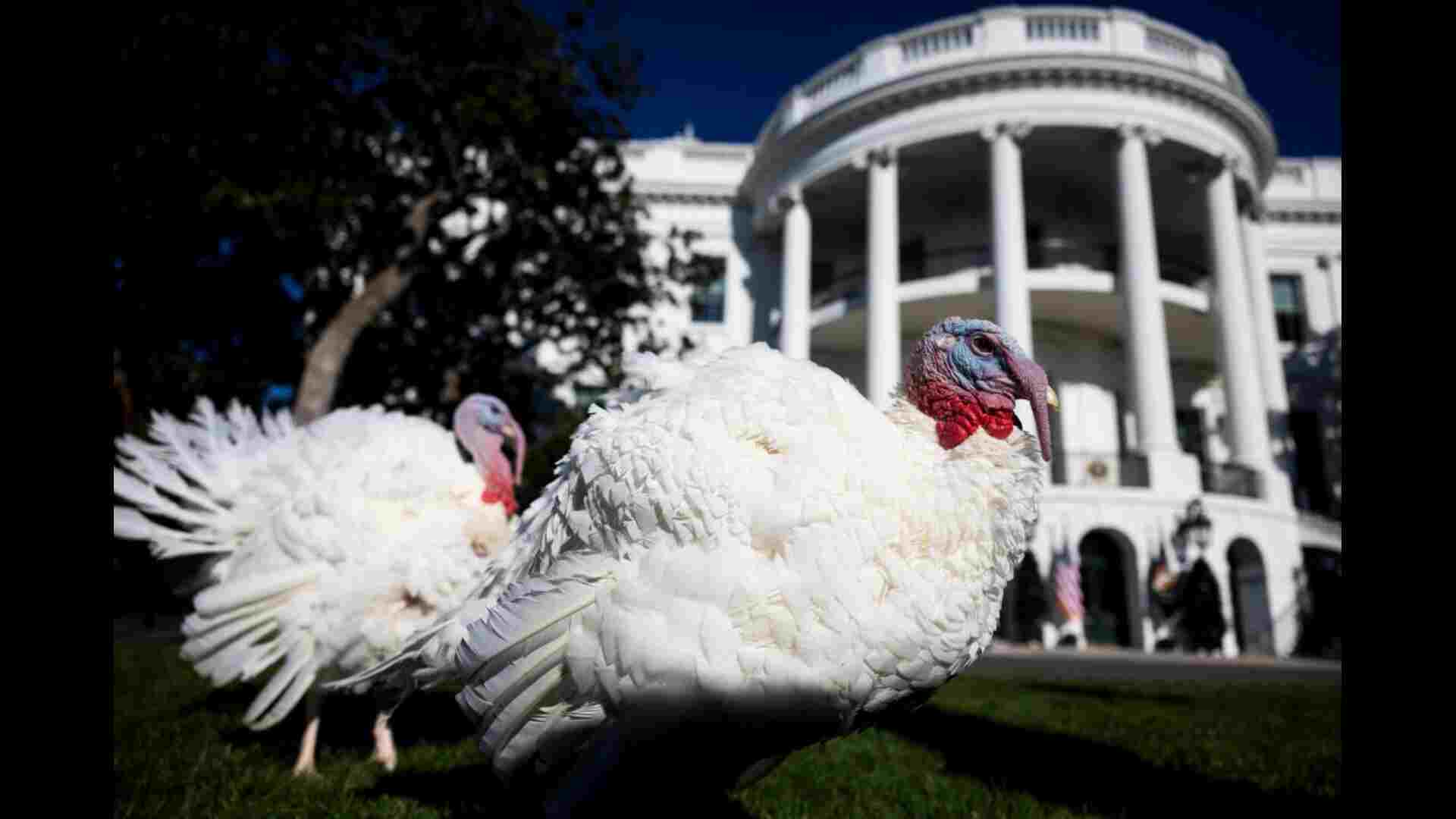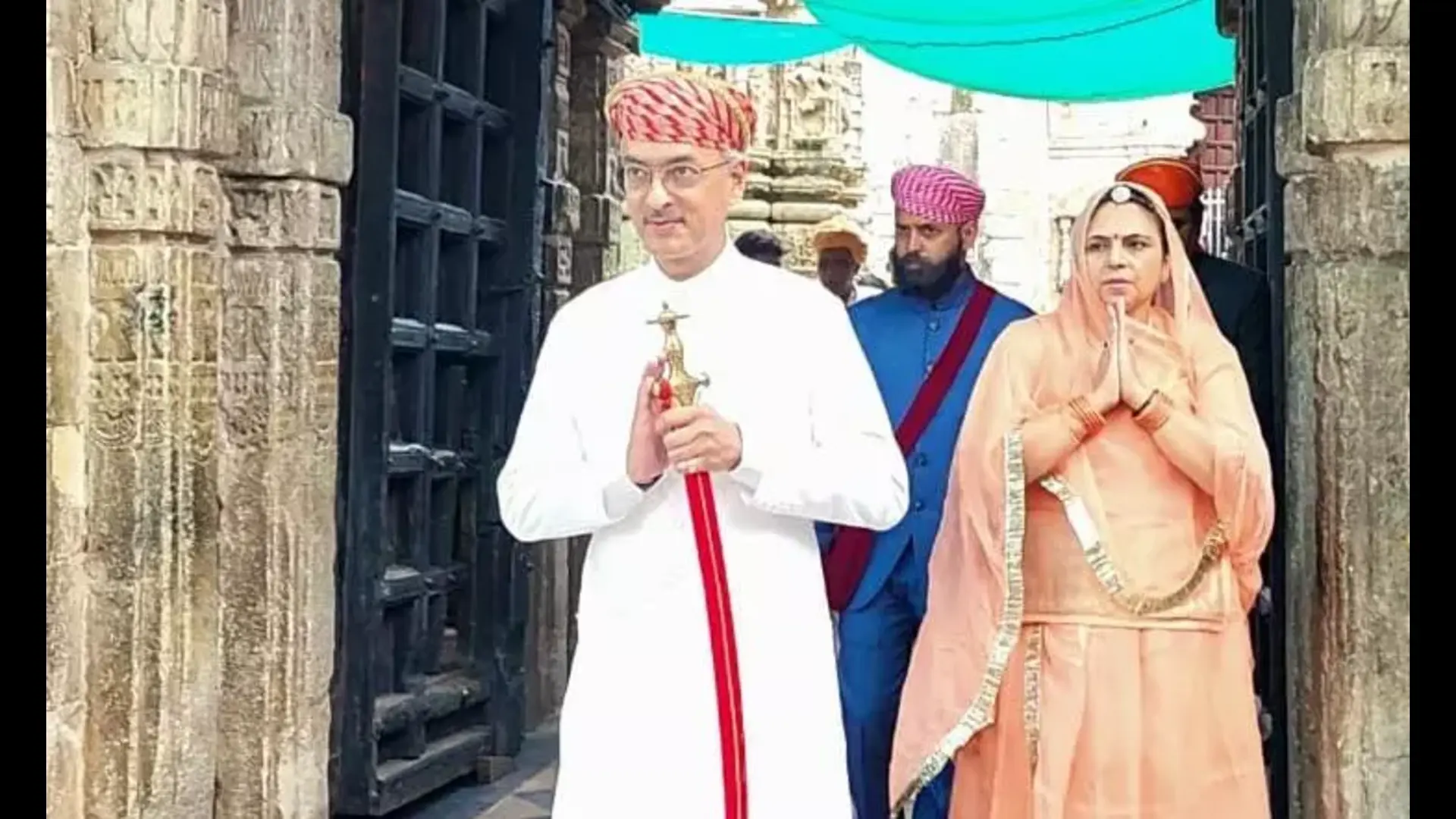The Supreme Court has directed Punjab Governor Banwarilal Purohit to make a decision on the Bills passed by the legislative assembly during its “constitutionally valid” session on June 19 and 20, stating that the governor’s power cannot be utilized to “thwart the normal course of lawmaking.”
The top court, in its November 10 judgment uploaded on Thursday night, addressed the plea of the AAP government in Punjab, which alleged that the governor was not granting assent to four bills passed by the assembly. The Punjab government had also sought a judicial declaration that the assembly session held on June 19 and 20 was “legal and that the business transacted by the House is valid.”
In a 27-page judgment, a bench comprising Chief Justice of India D Y Chandrachud, Justice J B Pardiwala, and Justice Manoj Misra held that the assembly sessions were valid, and this aspect was not open to the governor after the Speaker made the decision.
“We are of the view that there is no valid constitutional basis to cast doubt on the validity of the session of the Vidhan Sabha which was held on June 19, 2023, June 20, 2023, and October 20, 2023. Any attempt to cast doubt on the session of the legislature would be replete with grave perils to democracy. The speaker who has been recognised to be a guardian of the privileges of the House and the constitutionally recognized authority who represents the House, was acting well within his jurisdiction in adjourning the House sine die,” the CJI, who wrote the judgment for the bench, said.
The judgment emphasized, “The Governor, as an unelected Head of the State, is entrusted with certain constitutional powers. However, this power cannot be used to thwart the normal course of lawmaking by the state legislatures.” Casting doubt on the validity of the session of the House is not a constitutional option open to the governor, it said, adding the legislative assembly comprises duly elected MLAs and is governed by the decisions taken by the speaker.
“We are, therefore, of the view that the Governor of Punjab must now proceed to take a decision on the Bills which have been submitted for assent on the basis that the sitting of the House which was conducted on 19 June 2023, 20 June 2023, and 20 October 2023, was constitutionally valid,” it said.
The top court also clarified that it has not expressed any opinion regarding the manner in which the governor will exercise his jurisdiction on the Bills in question presented to him.
“In a Parliamentary form of democracy, real power vests in the elected representatives of the people. The governments, both in the states and at the Centre consist of members of the State Legislature, and, as the case may be, Parliament. “Members of the government in a Cabinet form of government are accountable to and subject to scrutiny by the legislature. The Governor as an appointee of the President is the titular head of State,” the judgment said. The bench said if the governor decides to withhold assent to a Bill, then he has to return the bill to the legislature for reconsideration.
“If the governor decides to withhold assent under the substantive part of Article 200, the logical course of action is to pursue the course indicated in the first proviso of remitting the Bill to the state legislature for reconsideration.
“In other words, the power to withhold assent under the substantive part of Article 200 must be read together with the consequential course of action to be adopted,” it said.
On November 10, the top court had said the governor was “playing with fire” as it held that being the titular head of the State he cannot cast doubt on the validity of an assembly session or withhold his decision indefinitely on bills passed by the House.
It had said under Article 200 of the Constitution when a bill is presented to the governor, he shall declare either that he assents to the bill or that he withholds assent therefrom or that he reserves the bill for the consideration of the President.
Governor Purohit is locked in a running feud with the Aam Aadmi Party (AAP) government in Punjab led by Chief Minister Bhagwant Mann.
On November 1, Purohit gave his approval to two of the three bills sent to him, days after he wrote to Mann saying he would examine all proposed laws on their merit before allowing them to be tabled in the assembly.
The governor’s approval is needed to table money bills in the House. Purohit has approved the Punjab Goods and Services Tax (Amendment) Bill, 2023 and the Indian Stamp (Punjab Amendment) Bill, 2023.















